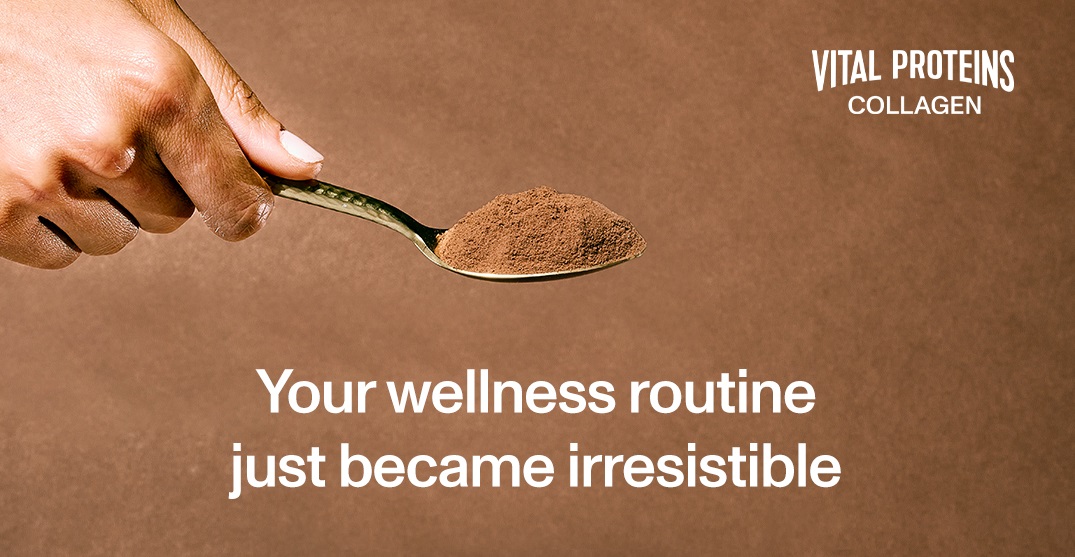
Prostate disorders affect around 50% of men in their 50s and almost all men over the age of 80. With that in mind, it might pay to get clued up.
Benign Prostatic Hyperplasia (BPH) occurs when the prostate grows to an unhealthy size, causing difficulty and discomfort for men when urinating. Symptoms of BPH are urinating frequently, difficulty in getting a urine stream going and feeling as if you are unable to empty your bladder properly. Although not life-threatening in most cases, prostate disorders are not much fun. And you do need an official diagnosis from your doctor to rule out more serious conditions. Are you a man ‘of that age’? Why not try A.Vogel’s Prostate Symptom Check to learn more about this condition.
A Vogel Prostate Symptom Check
With a confirmed diagnosis of BPH, luckily there is an option for relieving those urinary symptoms associated with the condition. A.Vogel Prostasan Saw Palmetto capsules is a once-a-day remedy used to relieve the lower urinary symptoms of BPH. Grab Prostasan in-store now.
Look after your immune system this winter
As we head in to the virus-prone winter months, it is more important than ever to keep the immune system in top form.
The immune system is our defence mechanism against pathogens such as disease-causing viruses or bacteria that try to infect us. The first outposts of the immune system are physical and chemical barriers such as our skin and mucous membranes, nasal hairs and stomach acid. White blood cells are the next line of defence, patrolling the bloodstream to identify and attack pathogens that have got past the outposts and entered into circulation. Once they have identified an unfriendly substance, they will initiate an attack designed to stop it in its tracks.
Now, more than ever, we are concerned about how to support our immune system, so that this response is super-efficient. Fortunately, plenty of the things you do on a daily basis can make a positive difference to your immune response.
Firstly, ensure you are getting sufficient sleep, which is increasingly being seen as important for proper immune function. Poor quality sleep, along with constant stresses, are powerful underminers of your immune system; so, prioritise some calm down time.
Diet is another important factor to consider. Nutrients such as vitamin C, vitamin D, and zinc are all associated with maintaining normal immune function, and a deficiency in any of these can make you more vulnerable to infection. Eating plenty of fresh foods and avoiding highly processed meals will ensure we get a good range of nutrients. If you suspect you may be lacking a suitable diet, it might be sensible to supplement with the immune-specific nutrients whilst you work on improving things.
Maintaining regular exercise is also helpful, and moderation is the name of the game, as excessive training can actually weaken your immune response.
Another tool you could use to support your immune system is Echinacea purpurea. This traditional herbal remedy not only helps to support the immune system, it is also beneficial should you find yourself struck down by cold and flu symptoms. Look out for a product made with fresh herb extracts, such as A.Vogel’s Echinaforce Echinacea Drops and Tablets. This product contains both root and above-ground part of the herb (leaves and stem), which is important for those of us wanting to combat winter bugs.
By implementing all of these simple tips, your immune system will be more than ready to tackle the viral challenges posed by winter! Find A.Vogel Echinaforce range of products on our website now.







